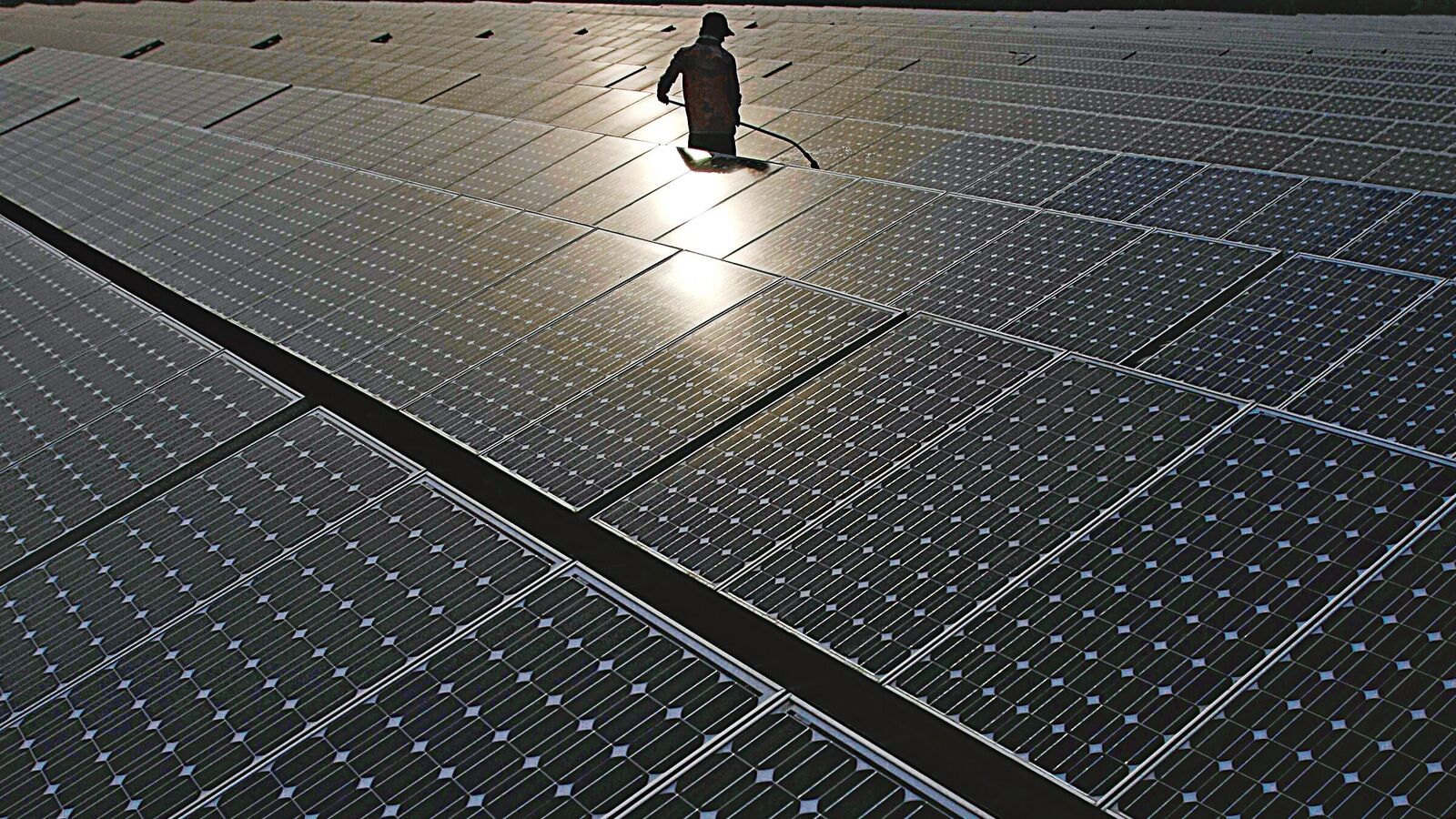CME cattle futures turn lower amid inflation concerns, technical trading

CHICAGO, March 28 (Reuters) – Chicago Mercantile Exchange (CME) cattle futures on Friday ended lower on technical trading, amid concerns about inflation and potential trade retaliation from broad tariffs promised by U.S. President Donald Trump next week, market analysts said.
In the lean hog market, traders spent part of the session reacting to a government report that was released after the market closed on Thursday.
The U.S. Department of Agriculture’s hog inventory report said the March 1 supply was just below the year-ago level and slightly short of the average analyst forecast for a 1.2% increase. The report also showed a slight drop in marketings and a roughly 1% decline in the breeding supply.
On Friday, CME’s April lean hogs settled down 0.325-cent at 86.700 cents per pound. Most-active June lean hogs settled down 0.400-cent at 95.775 cents per pound.
Actively traded June live cattle ended down 1.325 cents at 204.850 cents per pound. Feeder cattle futures followed live cattle lower, with the May contract ending 1.350 cents lower at 285.175 cents per pound.
U.S. data stoked fears of weak U.S. economic growth and high inflation as the Trump administration ratchets up tariffs – news that traders worried would result in consumers potentially being less interested in paying for pricier cuts of beef.
Meanwhile, U.S. consumer spending rebounded less than expected in February, while a measure of underlying prices increased the most in 13 months.
The choice boxed beef cutout value on Friday morning fell $2.33 to $333.39 per hundredweight (cwt), while the select cutout rose 92 cents to $320.36 per cwt.
Cattle traders said there is also growing market concern that export demand for beef may fall under more pressure if the Trump administration does roll out additional tariffs next week.
The U.S. Department of Agriculture (USDA) reported that net U.S. beef export sales last week fell to the lowest since late December after news that China allowed registrations permitting exports from hundreds of American meat facilities to lapse. (Reporting By P.J. Huffstutter in Chicago; Editing by Vijay Kishore)











